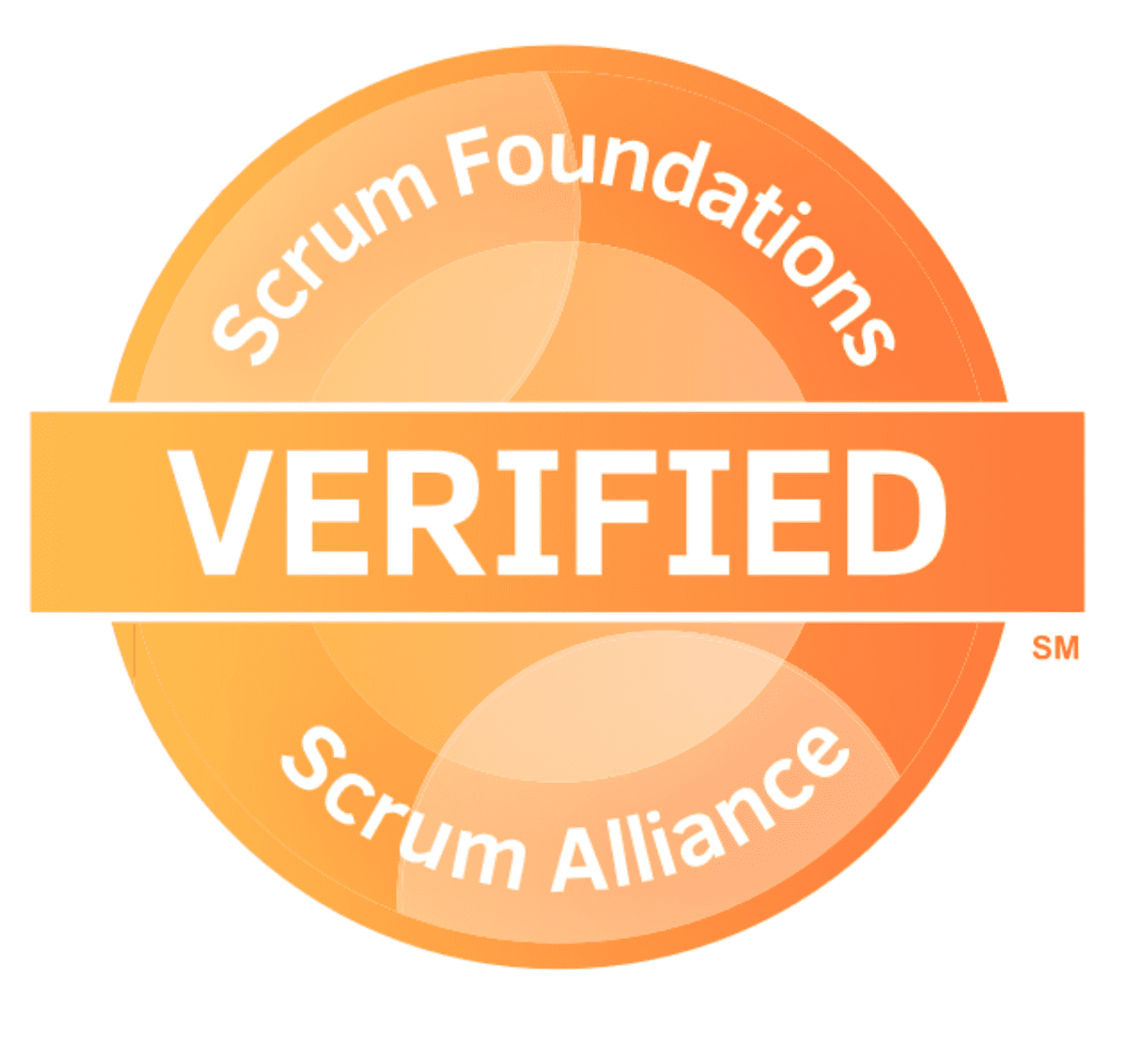Scrum Foundations Course – Product Increment and the Definition of Done
Product Increment and the Definition of Done An Increment, broadly defined, is an increase or addition, especially when that addition represents one of several steps in a sequence. In Scrum, the Development Team works to deliver a new Increment of the product every Sprint. Each Increment is a new, updated, usable version of the product, so…
